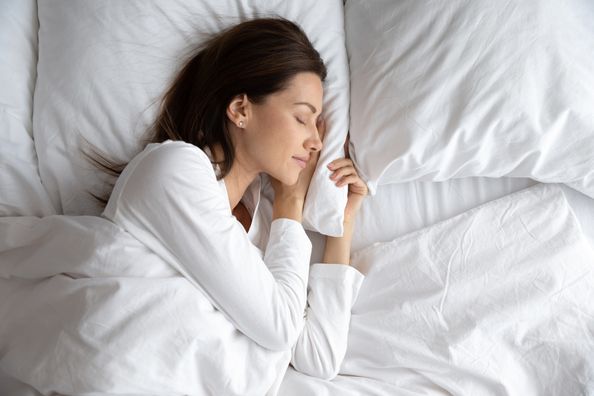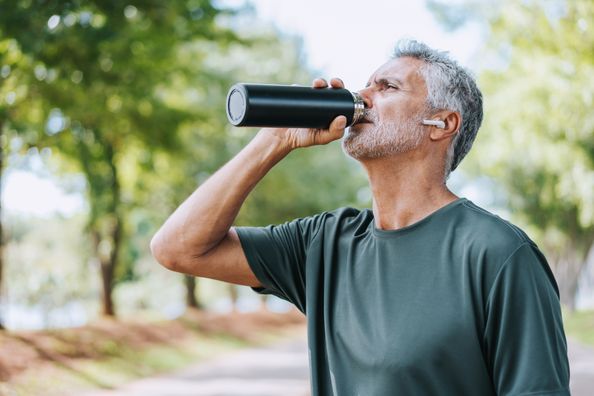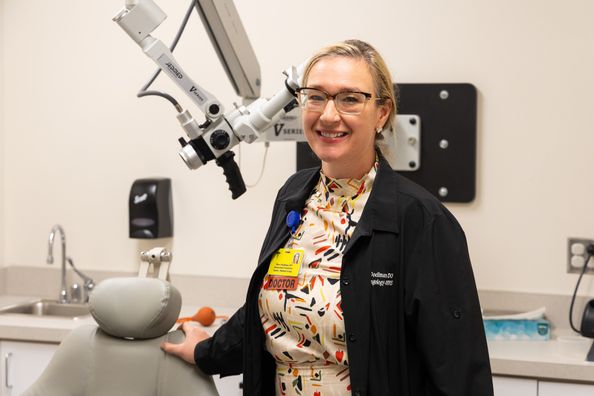Sleep is important for your overall health and wellbeing, yet it seems like many of us can’t get enough of it. Between work, family, and the everyday stressors of life, you might not be getting the sleep you need.
Quincy Medical Group (QMG) said that not getting enough sleep can put you at risk for serious health complications.
“Lack of sleep can increase our risk of depression, obesity, diabetes, hypertension, heart attack, and stroke. It also increases our risk of accidents and injuries,” he said. “Many of us boast about how little sleep we are able to ‘get by’ on, but this is not the same as thriving and can have significant health consequences.”
Stress can disrupt our sleep. As we continue to face the effects of the COVID-19 pandemic, your stress levels may be heightened like never before. As a result, falling asleep may become more difficult.
“Stress puts our body in a state of hyperarousal. This is great if we need to react to an immediate threat, but it’s not so helpful when we are trying to fall asleep. It can keep us from being able to fall asleep or stay asleep,” Fredman shared. “People experiencing this often complain that they can’t ‘shut things off’ and fall asleep. Unfortunately, this lack of sleep increases our stress levels further compounding the problem.”
If you find stress is impacting you in this way, Fredman said there are ways to help you manage your stress. He offers the following sleep hygiene practices to help improve your sleep:
- Exercise regularly (just not right before bed) and maintain a healthy diet. This may also help with your stress.
- Go to bed at the same time every night (even on weekends). Wake up at the same time (even on weekends).
- Establish a relaxing bedtime routine. Read a book, take a bath, do something that helps you relax and transition, and mentally prepare for sleep.
- Avoid caffeine in the late afternoon and early evening.
- Avoid consuming alcohol before bedtime. Alcohol actually reduces the quality of sleep that we get.
- Limit exposure to bring light in the evenings.
- Turn off electronic devices (even cell phones) at least 30 minutes before bedtime.
- Train your brain to associate the bed with sleep. Use your bed only for sleep and sex. Get the TV out of the bedroom. You can read to fall asleep but don’t read for extended periods of time in bed.
- Go to bed early enough for you to get at least 7 hours of sleep.
If you have concerns regarding your sleep patterns, Fredman said you should reach out to your primary care provider. In some cases, your provider may refer you for a sleep study which is performed at the QMG Sleep Center where you’ll be monitored overnight to identify any medical concerns.
Fredman explained, “You’ll be in a room that resembles a bedroom and not a hospital room. You’ll have your own bathroom. You will have electrodes and sensors place on you by a trained Sleep Tech. The tech will monitor your sleep throughout the night, and a board-certified Sleep Physician will read your study.”
For more information on the QMG Sleep Center, visit https://quincymedgroup.com/med… or call (217) 222‑6550, ext. 6530.
Health Topics:







